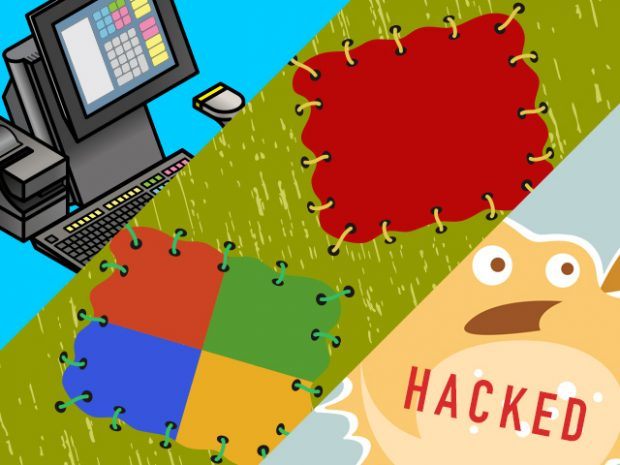
A Week in the News: Patch Tuesday and World Cup Scams
Phishers exploit global World Cup interest with a campaign disguised as a petition to reinstate Luis Suarez. Microsoft patched 29 security vulnerabilities.

“We are what we pretend to be, so we must be careful about what we pretend to be.” ― Kurt Vonnegut
181 articles

Phishers exploit global World Cup interest with a campaign disguised as a petition to reinstate Luis Suarez. Microsoft patched 29 security vulnerabilities.

A Brazilian cybercriminal scam targeting a popular payment method known as Boletos is costing that country billions. How can you protect yourself?

Microsoft moves against a malware-supporting webhosting company, NoIP, causing collateral damage in the process. The Miniduke APT campaign returns.

It’s getting harder and harder to spot fraudulent online retailers as more and more websites peddling discounted good emerge in the already crowded field of Internet merchants.

June was a busy month with hacks and data breaches, privacy, cryptography, and mobile security news, and an update on OpenSSL Heartbleed.

This week: the first mobile malware turns 10; we check in on Android security news and recent data breaches; and we fill you in on the week’s patches.

This week: the first ever Android encryptor malware, a serious Tweetdeck vulnerability arises and is fixed just as quickly, and much more.

Discussing security and the privacy strengths and weaknesses in the Apple’s soon-to-be-released iOS 8.

A serious cross site scripting vulnerability was discovered in the popular Twitter application TweetDeck today. Users should revoke access to that app on Twitter as soon as possible.

Google is releasing a tool that ensures all data passing out of its Chrome browser is encrypted in transit, resolving the problem of relying on others’ crypto.

Enabling two-factor authentication makes it significantly harder for an attacker to compromise your online accounts, but what is it and when should you use it?

Feds take down the Gameover botnet, there’s more trouble for OpenSSL, Google publishes data on global Gmail encryption, and Edward Snowden’s first NSA revelation came out one year ago.

Data breaches seemed to dominate the security news in May, but mobile ransomware emerged as well and there was good and bad privacy news from the tech giants.

A new piece of ransomware targeting Apple users emerges along with a hybrid malware combining Zeus and Carberp. There’s also an issue with the Spotify Android app.

A brief video tutorial on how to enable a number of important security and privacy features built into Google’s Gmail service.

New ransomware targets Apple users running iOS mobile and O SX Mac devices with a piece of malware that blocks use and demands payments.

Quick tips for internet and mobile security, and avoiding scams while booking for a safe vacation and traveling.

eBay user passwords compromised in data breach; another Internet Explorer zero-day for Microsoft; Samsung eyes iris authentication; and patches from Chrome.

eBay users will be forced to change their passwords because of a data breach that exposed encrypted user credentials.

Bitly was compromised this week and is urging users to change passwords. Point-of-sale systems are poorly secured. And fixes from Microsoft on Patch Tuesday.

Many Internet-connected smart home systems contain vulnerabilities that could expose the owners of those systems to physical and digital theft.